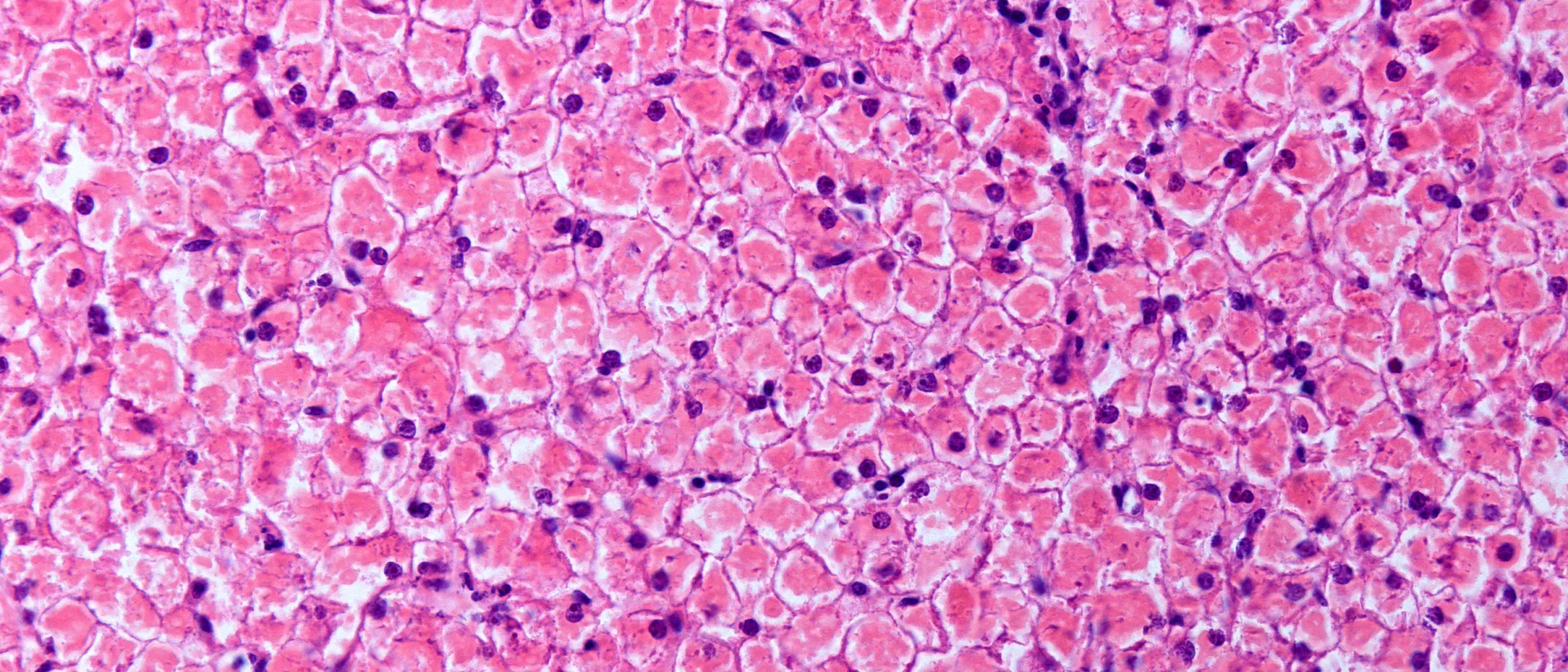About Metabolic Disorders
Inherited metabolic disorders, or inborn errors of metabolism, are a group of rare genetic disorders that often result in missing or defective enzymes or transport proteins, causing a block in a metabolic pathway. They are individually rare but collectively common and can present prenatally, very early after birth or at any age from infancy to adulthood. Inherited metabolic disorders can affect multiple organ systems and often cause neurologic, gastrointestinal and other complications that can have serious, sometimes life-threatening, health risks if left untreated.
Inborn errors of metabolism can lead to impaired energy production or result in the accumulation of a variety of specific “toxic” compounds inside cells in the body, which may damage tissues and organs and cause a wide range of problems. Amino or organic acid metabolism disorders, such as phenylketonuria (PKU), maple syrup urine disease and organic acidemias, can lead to an abnormal buildup of specific amino or organic acids. Urea cycle disorders can lead to ammonia intoxication. Storage diseases often result from genetic defects in the function of peroxisomes or lysosomes (microscopic organelles that break down various molecules using enzymes) and/or a failure to convert certain substances into energy. These include lysosomal, peroxisomal and glycogen storage diseases, which, as a group, can lead to an abnormal buildup of sugars, fats, proteins and various acids inside cells.
Lysosomal storage diseases comprise a subgroup of more than 50 inherited metabolic disorders often caused by a deficient or defective lysosomal enzyme or other protein needed to metabolize lipids, carbohydrates and proteins. Clinical findings vary based on the disease, age of onset and a variety of other factors, and they often involve abnormalities of multiple organ systems, including the central nervous system, brain, liver, skin, skeleton and heart, with neurologic findings that may be progressive and disabling.
Mitochondrial disorders represent a group of disorders resulting from a deficiency in energy production or utilization due to genetic defects in mitochondria (organelles that regulate the production of cellular energy). They often cause muscular, neurologic and cardiac problems since these organs contain high-energy tissues. Other organ systems can also be affected, leading to impaired vision and hearing, diabetes and stunted growth. Sometimes, muscle disease (myopathy) is the main manifestation of a mitochondrial disorder.
Advanced Screening, Diagnostics & Treatments
Our multidisciplinary team of world-renowned experts specializes in the prevention, early detection and treatment of rare inherited metabolic disorders. We offer comprehensive, personalized care focused on restoring the homeostasis of a disrupted metabolic pathway to prevent or delay damage, optimize health and quality of life and increase lifespan. We use the latest diagnostics, including massively parallel sequencing and enzyme assays, advanced imaging and electrodiagnostic testing to facilitate precision medicine treatment plans.
Depending on the diagnosis, we offer the latest treatments, such as new and existing enzyme replacement and gene therapies, small molecule treatments, therapeutic mRNA and microbiome alteration strategies, as well as special diets and substrate inhibition or reduction therapy. In certain cases, when an organ or hematopoietic stem cell transplant is needed, our world-renowned specialists use the latest minimally invasive and/or robotically assisted surgical approaches for faster recovery.
We are leaders in lysosomal storage disease treatment and research and have co-developed the clinical guidelines establishing the standard of care for acid sphingomyelinase deficiency. We are also the principal investigators for the nation’s largest pilot newborn screening study, ScreenPlus, which is designed to identify certain rare diseases in newborns as early as possible before symptoms manifest, including potentially treatable inherited metabolic disorders.

Learn More About Metabolic Disorders
Receiving a diagnosis of a rare metabolic disorder, or being at risk for or suspected of having one, can feel overwhelming, but learning more about the diagnosis can help you navigate treatment and care. Visit the links below to learn more about some of the different types of rare disorders, their causes, and associated symptoms as well as screening and treatment options. This list includes a selection of rare metabolic disorders. Schedule a consultation with us for diagnosis and treatment options for these or any other rare conditions.
Inborn Errors of Metabolism
Lysosomal Storage Diseases
Mitochondrial Disorders
Inherited Metabolic Disorders Program
Lysosomal Storage Disorders Program
NYS Newborn Screening Program for Inherited Metabolic Disorders
Cystinosis Research Network
Pediatric Medical Genetics Clinic
Image courtesy Positive Exposure in collaboration with the Cockayne Syndrome Foundation.



